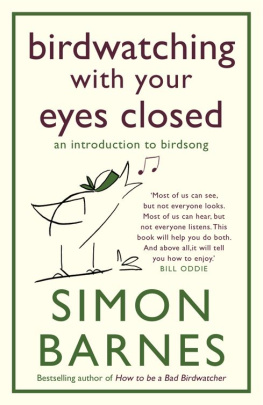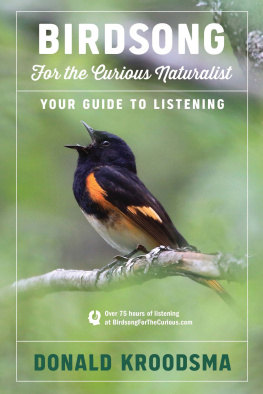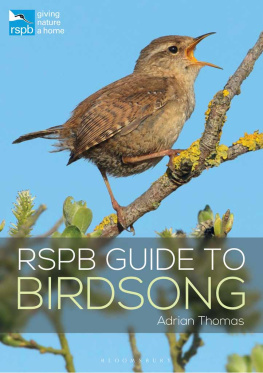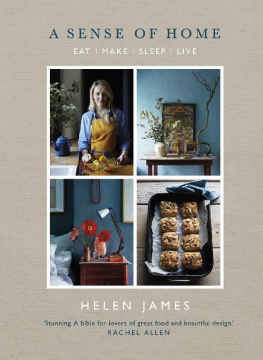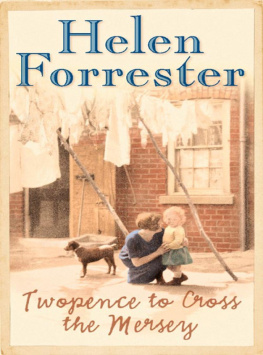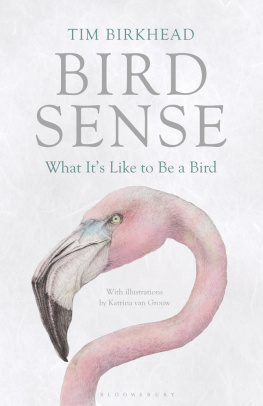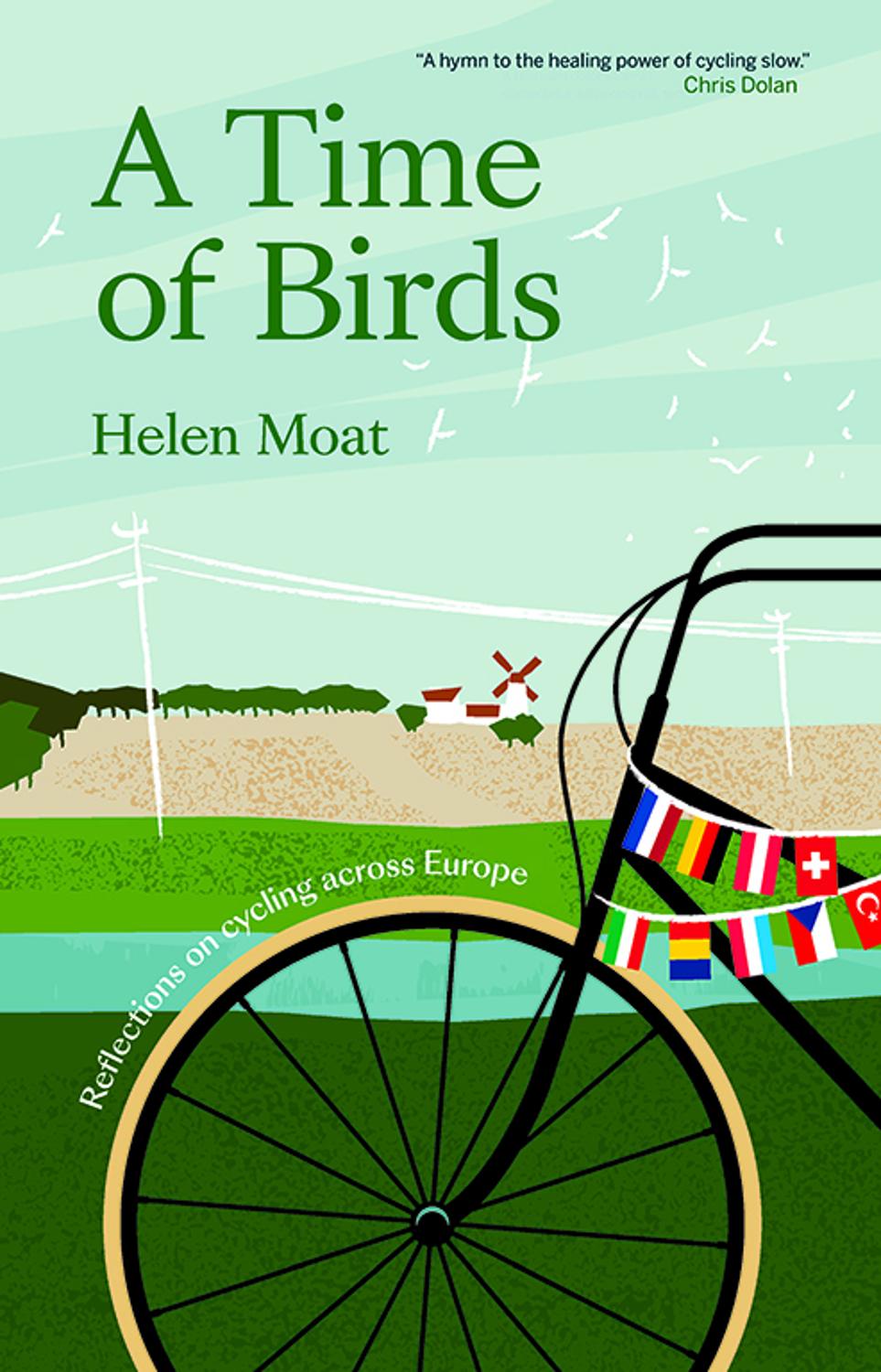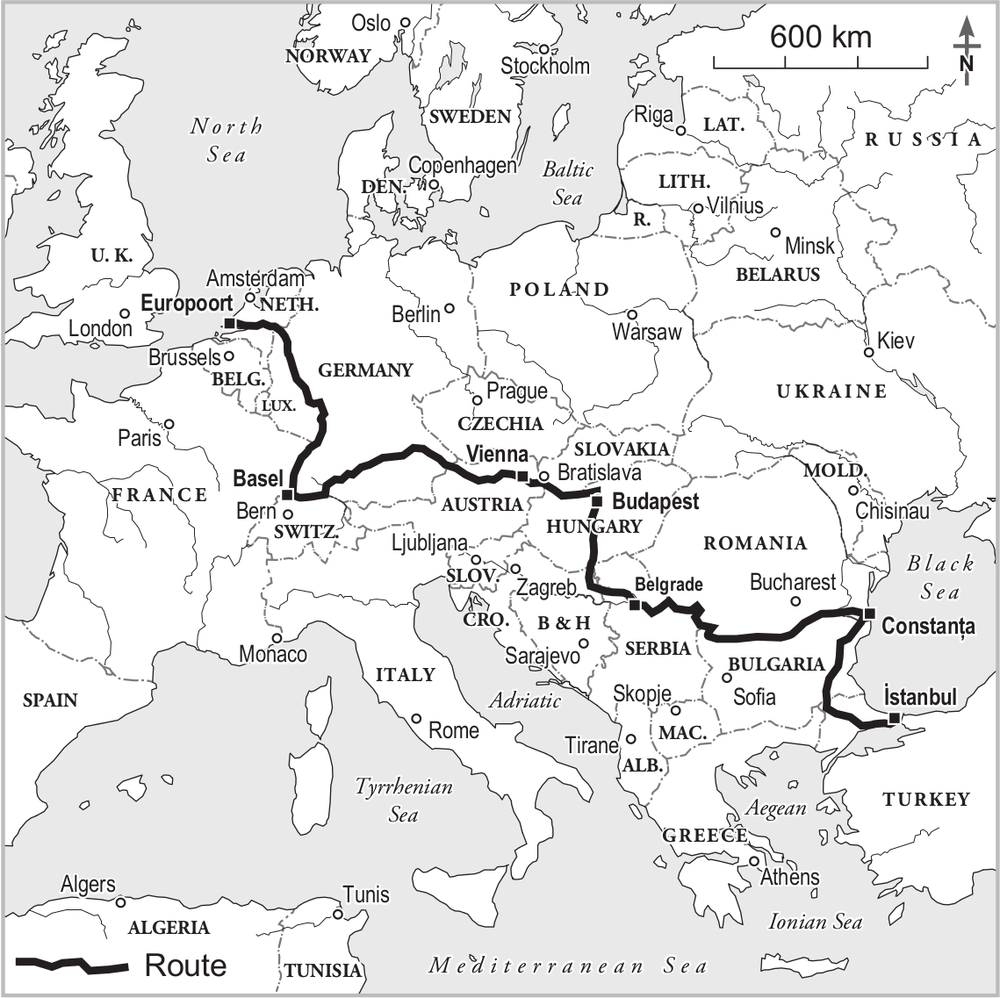There is a beach, and beyond that, islands. There are dune grasses that buckle in the wind and a cold sea frothing on the shore. There is the call of the gull, a volley of rasping cries above the ocean. I am standing on the edge of the sandbank. Squinting in the sunlight, I look across to the basalt rocks of the Farnes, and remember from school how Grace Darling had rowed from her lighthouse to look for the shipwrecked. I imagine Grace tossed and spun by the storm in her little coble boat as she searched for survivors from the Forfarshire. Darling, Slessor, Nightingale and Ferrier: all were house names at my school. But it was Grace I was drawn to her fierceness and grit out there in the North Sea.
An idea begins to take shape.
I watch the clouds scud across the sky and the light playing off the ocean slate grey to petrol blue, olive green to steel then follow the path down through the dunes to the shore. Beyond the islands, there is the thread of horizon between ocean and sky. I feel the pull of the line between the visible and invisible. And I think, What if?
This is the beginning. As I remember it.
*
Have you got a hat? the boatman asked as he flung a rope over the mooring on Inner Farne, screwing his eyes up against the sea-misted sunlight. I laughed, not understanding, until the boys and I climbed the path lined with Arctic terns a littering of white, like windblown paper-bags on the verges. The terns fluttered up, snow-pale wings feathered out to their full span, and hovered over us with lashing wingbeats before dropping down to our heads. Blood-red beaks jabbed at our skulls.
Watch out. Were under attack.
The birds! Jamie said.
Run for it! Patrick crouched down beneath the screeching terns, clutching his head, and hurled himself forward.
We ran, ducking and tripping on the path, our hearts drumming with each new attack. I thought, then, of the electric shock treatment theyd given my father all those years ago: the bit in his mouth and cattle prods to his temples. What had that felt like? The short, sharp shocks of electrons ripping through his brain? The convulsion of his body? The aftermath?
Once, my bird-loving father would have adored the Farnes, brimming over with Arctic terns, stubby-winged puffins, kittiwakes, guillemots and cormorants and the punk-tufted, yellow-beaked shags lording it over the islands from their twiggy thrones. Before the depression and the electric shocks, that is.
The Arctic terns gave me a gentler shock, attacking the numbness in my own head. As we came out of St Cuthberts Chapel, there was a fresh ambush, the terns swooping low and coming in from all sides, angry, screeching, clacking. I gulped air and my head was spinning with the birds. Im alive! How had I got to this place where Id stopped feeling? Was it the school where I taught, or was that just the trigger? Or did it go further back to some place Id buried away?
Back on the mainland, the boys ran along the beach, ill-fitting wellies threatening to pull them down into the fluid sand, their cries lost in the roar of the ocean as they thudded along. Jamie, lanky and dark, awkwardly lolled along the shoreline. Patrick, smaller and paler, a stock of russet hair against the dark sea, turned in circles, arms outstretched. I watched them and felt a motherly love, which was almost immediately followed by an urge to be something more than mother, wife and teacher. Something beyond the horizon.
Gusts of North Sea wind snatched my breath and smacked at my cheeks. Sea spume dampened my skin. I pulled off socks and shoes and ran into the water, jumping over the surf as Id done as a child. The sea was singing in my ears and the tides rhythm was a pulse in my brain. On the hillside behind us, in our rented cottage, stacks of school books, test papers and progress sheets lay waiting for me on the kitchen table. To hell with them. As I ran through the water, I thought of the soulless school where I worked where numbers on paper had become more important than children. I thought of my blunted soul and the dullness in my brain, and I feared I had inherited my fathers depression. I looked again at the horizon. What if?
I ran after the boys and grabbed Jamie.
How about we cycle to Istanbul? When youve finished school. Would you come with me?
Jamie shrugged with the nonchalance of a fifteen-year-old and said, Yeah, why not.
Patrick laughed and danced around us, kicking up sand. If you two cycle to Istanbul together, Ill eat my hat, Ill eat my hat, Ill eat my hat!
Maybe Patrick was right: long-distance cyclists were usually bearded, lean and muscle-bound. I was a fifty-year-old woman, definitely not lean and definitely not muscle-bound, and, thank goodness, not yet sporting a beard. Long-distance cyclists were young and single and free of responsibilities. I had a husband and two children and a job that helped pay the bills. Would Jamie even consider cycling with his mother when he was eighteen? But the idea of cycling to Istanbul had taken hold and wouldnt let go.
*
It wasnt just a fear of depression that came from my father it was his restlessness too.
He sat in the care home, body slumped in the armchair, white hair thinning, face and hands covered in liver spots. Helen, Helen, he said with a small smile as I greeted him. You were always wandering off.
He took me off-guard in that moment, for hed closed down years ago, decades even. Like a beach-hut shored up for winter, hed battened down the hatches and stopped communicating beyond the smallest of small talk that tailed off into silence after minutes. Mostly his eyes were closed, his mind somewhere out of reach. Now this echo from the past.
You were an awful wee girl.
My father always said contentment was the most desirable state of mind, and though he could sit for hours staring peacefully out at a world filled with his birds, he also possessed a restiveness. He would drive us children across the cracked and pot-holed roads of Ireland, sometimes for two or three hours, all for a soggy sandwich on a rainy beach and a quick runaround before we did the long journey home again. It should have dampened my own wanderlust. But it didnt.
The dunes that backed so many of the beaches we drove to were a miniature landscape in my childish imagination: where sandy paths between grasses became roads that rose to mountaintops or dipped down to the great spaces of desert plains. Id stand at the crest of dunes, holding my breath, then launch myself off, a landslide of sand giving beneath my feet, stick-thin limbs out of control, reeds pricking my calves.
My father offered me coastal adventures. And birds. The herring gulls were my first: brutish, in-your-face and as hungry as a seaside slot machine. I couldnt fail to notice them. They dived down for my fallen chips, their cries coarser than trawler rope. Id make up stories for everything: the gulls, the rocks and the dune systems. I lived in the inner world of my imagination, filled with eerie and fantastic fairy-tales.

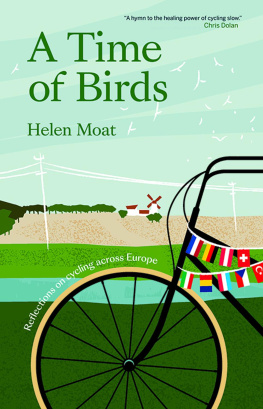
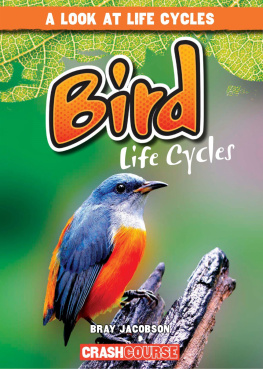

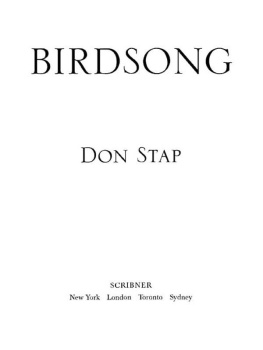
![Hankinson Andrew - You Could Do Something Amazing with Your Life [You Are Raoul Moat]](/uploads/posts/book/208553/thumbs/hankinson-andrew-you-could-do-something-amazing.jpg)
